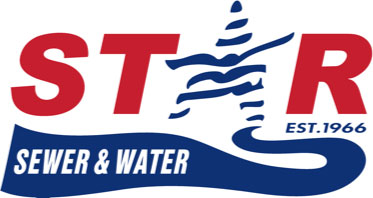It’s no secret frozen water pipes can damage homes and commercial property, and leave owners with significant repair bills.
While the winter climate of southwestern Idaho tends to be more mild than other parts of the country, it makes sense for customers planning to winter in warmer spots, or those unaccustomed to colder temperatures in December, January and February to take steps to guard against frozen pipes.
There are some simple steps property owners can take to avert costly damage to floors, walls and internal plumbing systems caused by frozen or ruptured water lines.
The first step is to disconnect all garden hoses connected to exterior spigots, then make sure each of those spigots are turned off. If the home has foundation vents, we recommend closing those.
To protect indoor water plumbing, here are some tips if the thermometer dips into the single digits:
- For those leaving home for an extended period, it’s a good idea to let one faucet run at a slow drip. This keeps water moving through the system and helps avoid freezing.
- Insulate exposed pipes and enclose crawl spaces.
- Plug drafty cracks – in garages especially – and repair broken window panes.
- Learn how to quickly turn off water at the shut-off valves in case a frozen pipe bursts.
- Keep the temperature inside the house at 55 degrees.
- If you plan to turn the heat off for an extended period, drain all water from pipes, toilets and the water heater.
- Avoid leaving garage doors open for any length of time, especially if there are exposed pipes in the garage area.
